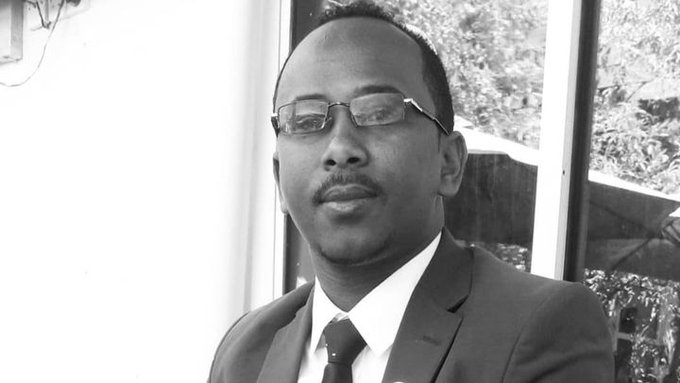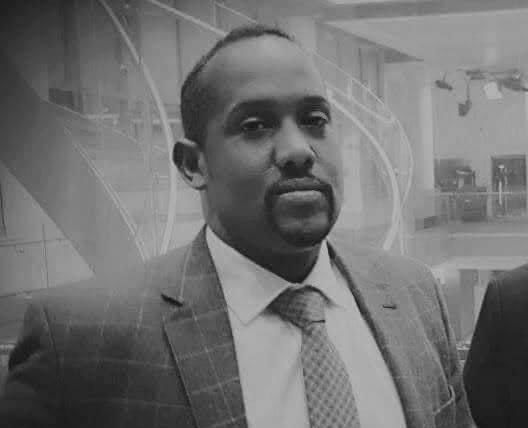In the wake of recent distressing events, our hearts weigh heavy with sorrow as we commemorate the loss of Abdinasir Musa Dahable, a dedicated member of the ICAO staff at Mogadishu Airport in Somalia, and Ahmed Aadan, a former parliamentarian. Their untimely deaths, under troubling circumstances, have sent shockwaves through our community, leaving us grappling with profound grief and unanswered questions. To make matters worse, six of Abdinasir’s colleagues from the Isaaq community have been detained without cause by the Somalia government. Allegations point to the Somalia National Security’s involvement in these heinous crimes, adding a layer of complexity and urgency to an already dire situation.


Abdinasir, along with six of his arbitrarily detained colleagues, and Ahmed, all hail from the persecuted Isaaq community in Somaliland. They represent more than just individuals; they embody the resilience and spirit of a people who have endured unspeakable suffering. The Isaaq Genocide, a dark chapter often overlooked in history’s narrative, casts a long shadow over their lives and the lives of countless others. From 1986 to 1991, the Somalia government orchestrated a systematic campaign of violence and extermination against the Isaaq people, resulting in the loss of over 500,000 innocent lives and irreparable damage to families and communities. Yet, the international community has largely remained silent, denying survivors the acknowledgment and justice they rightfully deserve.
Today, as we feel the loss of Abdinasir, Ahmed, and their colleagues who are arbitrarily detained, we are reminded of the ongoing struggle for justice and recognition for the Isaaq Genocide. Their deaths and detention serve as a poignant reminder of the atrocities committed during the Isaaq Genocide, a wound that continues to fester in the absence of accountability and closure.
In the face of such injustice, we cannot afford to remain silent or passive bystanders. It is incumbent upon us to demand a thorough investigation into the circumstances surrounding Abdinasir and Ahmed’s deaths, as well as the disappearance of their colleagues. We must shine a light on these tragedies, not only to honor the memory of the fallen but also to prevent further injustices from occurring.
As a collective, it is imperative that we stand together in our quest for justice. We urge United Nations Office of Genocide Prevention and human rights organizations to dedicate the required resources and focus towards conducting a thorough investigation. The safety and well-being of every member of our community are non-negotiable, and we will not rest until those responsible for these atrocities are brought to justice.
In honoring the memory of Abdinasir, Hassan, and all those who have suffered and perished during the Isaaq Genocide, the Isaaq Genocide Foundation reaffirm our commitment to truth, justice, and accountability. Their voices will not be silenced, and their sacrifices will not be forgotten. Together, let us strive to build a future where such tragedies are relegated to the annals of history, and where justice prevails for all